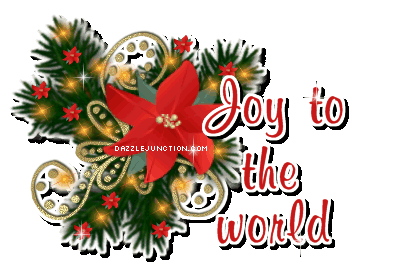|
|||||||
| Season's Greetings |
    |
| IMPORTANT ANNOUNCEMENT |
| Hallo to All Members. As you can see we regularly Upgrade our Servers, (Sorry for any Downtime during this). We also have added more Forums to help you with many things and for you to enjoy. We now need you to help us to keep this site up and running. This site works at a loss every month and we appeal to you to donate what you can. If you would like to help us, then please just send a message to any Member of Staff for info on how to do this,,,, & Thank You for Being Members of this site. |
| vBulletin Message |
|
Hello there Guest and Thank You for Checking Out Our Site!
We hope you have enjoyed what you have seen so far, but you have now reached the maximum number of Threads/Posts' viewings allowed as a guest. You now need to Register to enjoy any more. You are missing so many good things by remaining as a guest & we would like you to enjoy everything we offer, not just Warez. Once you Register you will be able to view everything on our site, not just the few areas you could view before as a guest. Thank you and we hope you pay us the compliment of registering. We would also like to get to know you,,, so once you register introduce yourself in Welcomes & Introductions here; Hope you decide to join us, you will find our site comfortable with very helpful, pleasant staff and members and please do not be concerned about confidentiality. Our site is secure and nothing is stored on our servers Thank You from all The Staff at Dreamteamdownloads1.com |
Powered by vBulletin® Version 3.8.11
Copyright ©2000 - 2025, vBulletin Solutions Inc.
SEO by vBSEO 3.5.2
Copyright ©2000 - 2025, vBulletin Solutions Inc.
SEO by vBSEO 3.5.2
Designed by: vBSkinworks




